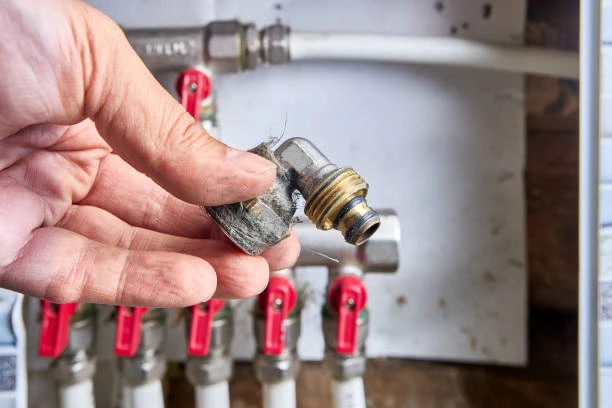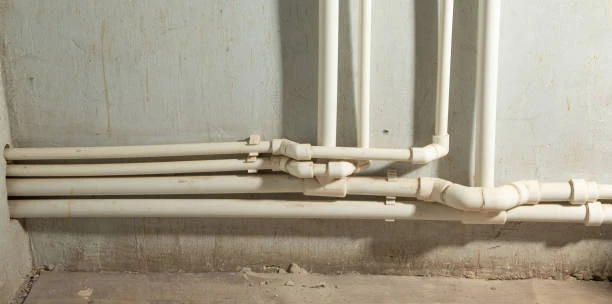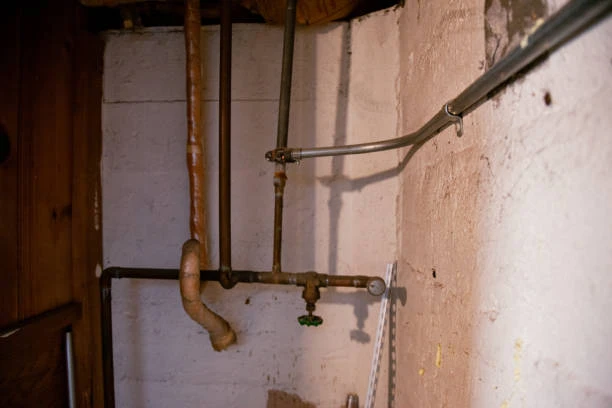Ensuring Safety and Efficiency in High-Pressure Environments
Pressure safety valve (PSVs) play a critical and indispensable role in safeguarding industrial systems from overpressure scenarios.These valves automatically release excess pressure, preventing equipment damage and ensuring operational safety. Industries such as oil and gas, chemical processing, and power generation rely heavily on robust PSVs to maintain system integrity. For instance, in a refinery, a malfunctioning PSV could lead to catastrophic failures, emphasizing the need for reliable designs. Modern PSVs combine advanced materials and engineering to meet stringent safety standards.
Durable Design for Extreme Conditions
The design of a robust pressure safety valve focuses on durability and precision. Engineers use high-grade materials like stainless steel or alloy to withstand extreme temperatures and corrosive environments. The valve’s spring mechanism ensures accurate pressure thresholds, allowing it to open and close seamlessly. For example, in a chemical plant handling acidic substances, a PSV with a corrosion-resistant body ensures long-term performance. Additionally, regular testing and maintenance further enhance reliability, making these valves indispensable in high-risk applications.
Versatility Across Industrial Applications
Industrial applications demand PSVs that can handle diverse operating conditions. In power plants, PSVs manage steam pressure to prevent boiler explosions. Similarly, in oil pipelines, they control fluid pressure to avoid leaks or ruptures. A well-designed PSV adapts to varying pressures and flow rates, ensuring consistent protection. For instance, a PSV in a natural gas facility must respond swiftly to sudden pressure spikes, highlighting the importance of responsive mechanisms. Such versatility makes PSVs a cornerstone of industrial safety systems.
Innovations in Pressure Safety Technology
Advanced technologies have revolutionized pressure safety valve performance. Smart PSVs now integrate sensors and IoT capabilities for real-time monitoring. These features enable predictive maintenance, reducing downtime and operational costs. For example, a smart PSV in a manufacturing plant can alert operators about potential issues before they escalate. Additionally, digital twins simulate valve behavior under different conditions, optimizing design and functionality. These innovations not only enhance safety but also improve efficiency, making PSVs more reliable than ever.
Importance of Proper Installation and Maintenance
Installation and maintenance are crucial for ensuring PSV effectiveness. Proper placement within a system minimizes pressure fluctuations and maximizes performance. Regular inspections identify wear and tear, preventing unexpected failures. For instance, a PSV in a pharmaceutical plant must undergo frequent checks to comply with strict regulatory standards. Training personnel on correct handling and troubleshooting further ensures optimal valve operation. By prioritizing these practices, industries can maintain safety and avoid costly disruptions.
Compliance with Global Safety Standards
Robust pressure safety valves must comply with international safety standards to ensure universal reliability. Organizations like ASME, ISO, and API set guidelines for PSV design, testing, and certification. For example, ASME Boiler and Pressure Vessel Code (BPVC) outlines specific requirements for PSVs used in boilers. Compliance with these standards ensures that PSVs meet rigorous safety and performance criteria. Industries operating across borders benefit from standardized valves, as they guarantee consistent quality and interoperability. Adhering to global standards also simplifies regulatory approvals and enhances market credibility.
Conclusion: A Critical Component for Industrial Safety
In conclusion, a robust pressure safety valve is vital for industrial safety and efficiency. Their durable design, adaptability, and advanced features make them indispensable in high-pressure environments. From refineries to power plants, PSVs protect equipment and personnel, ensuring smooth operations. Embracing technological advancements and adhering to maintenance best practices further enhances their reliability. As industries evolve, the demand for high-performance PSVs will continue to grow, solidifying their role as a key safety component.
IFAN Products international standards
IFAN products strictly adhere to a comprehensive range of international standards, encompassing ISO 15874, EN 15874, ASTM F2389, DIN 8077/8078, GB/T 18742, NBR 15884, ISO 15494, EN ISO 15494, GB/T 19472, NBR 15494, ASTM 2846 (501), DIN 8079/8080 (502), ASTM F441/F441M SCH80 (503), DIN (504), DIN (505), GB/T 18993, AS/NZS 1477, CSA B137.6, NSF/ANSI 14, TIS 17-2532/1131-2535, BS 3505, BS 4346 (801), ASTM D1785 SCH40 (802), ASTM D1785 SCH80 (803), DIN (804), GB (805), GB (806), GB(901), DWV(902), ASTM D2665 (903), along with ASTM D2241, D2665, D2729, and F441/F441M series, ISO 1452, EN ISO 1452, DIN 8061/8062, GB/T 10002, AS/NZS 1477, JIS K6741, CSA B137.3, and other national and industry norms.
Connect
IFAN is a Chinese manufacturer of plastic pipes, fittings and valves with 30 years of experience. If you are interest in IFAN copper fittings, copper valves, plastic pipes and fittings, please contact us. IFAN offers you a variety of standard pipes to meet your specific needs. Click below to learn more about IFAN’s wide range of affordable and cost-effective valve products and piping system related products.
We will reply your email or fax within 24 hours.
You can call us at any time if there is any question on our production.
For more information,pls visit our webside https://waterpipefitting.com/
Pls Mailto: [email protected]
Whatsapp: +86 15088288323














Recent Comments